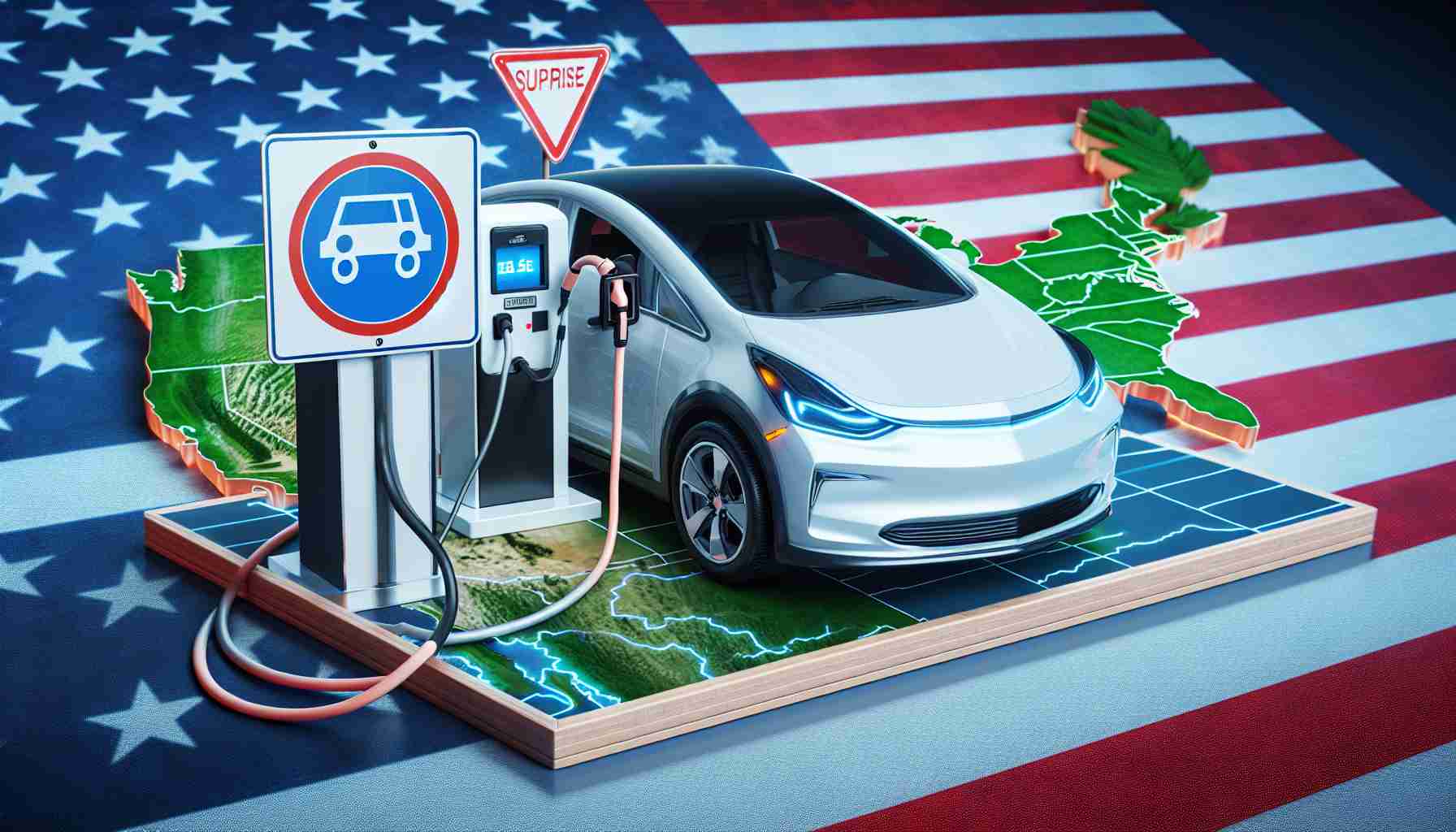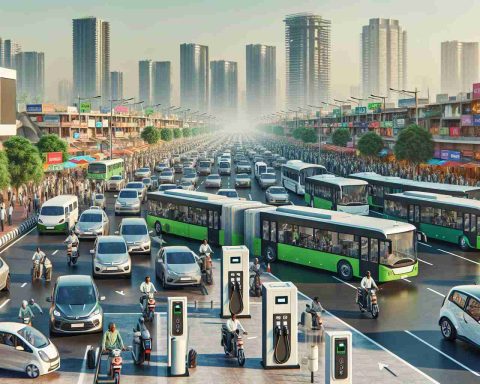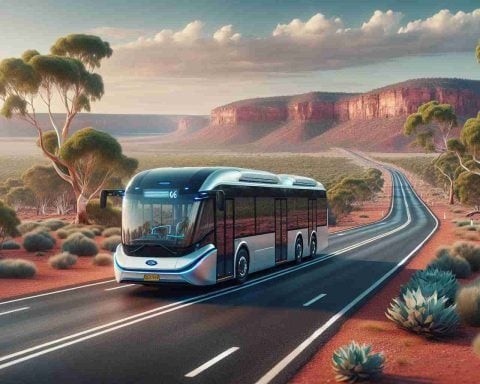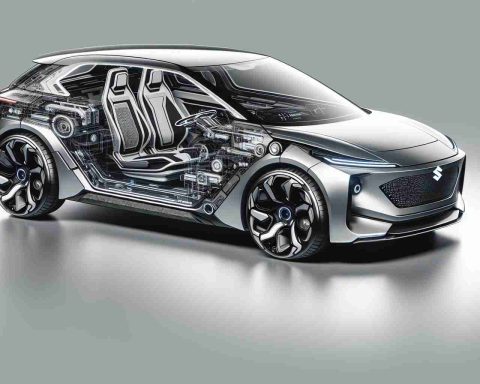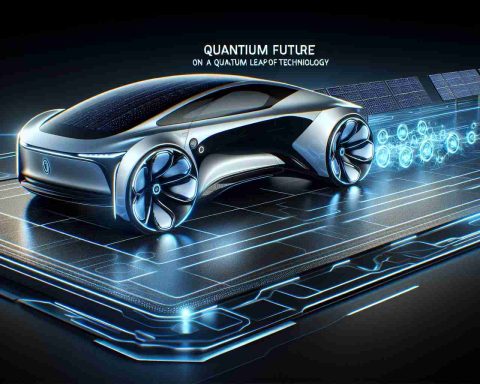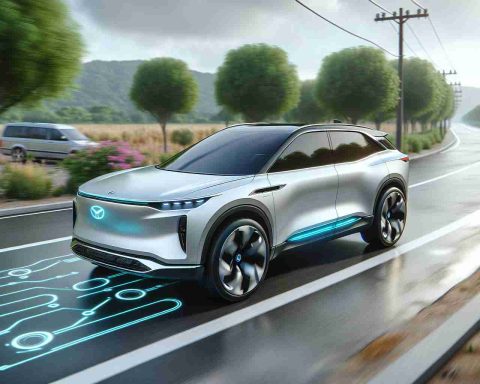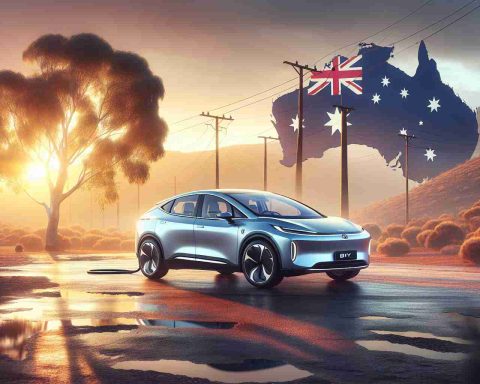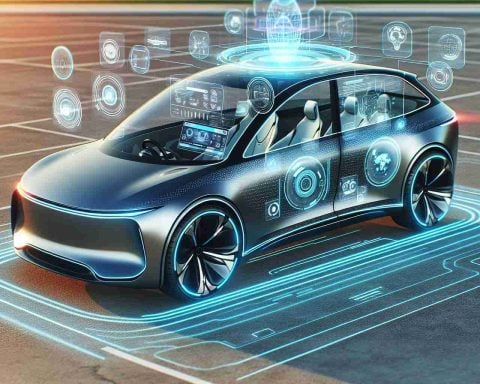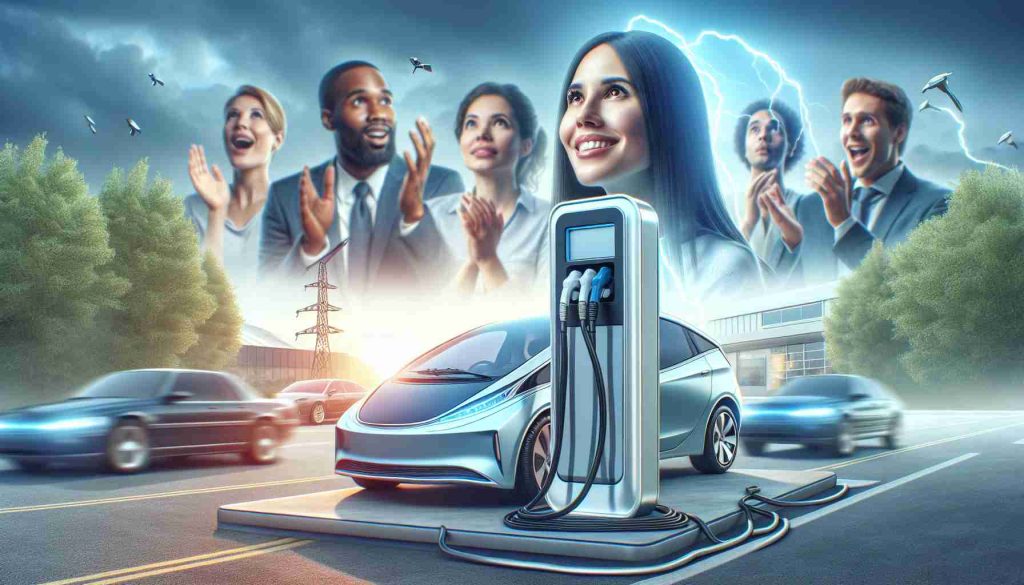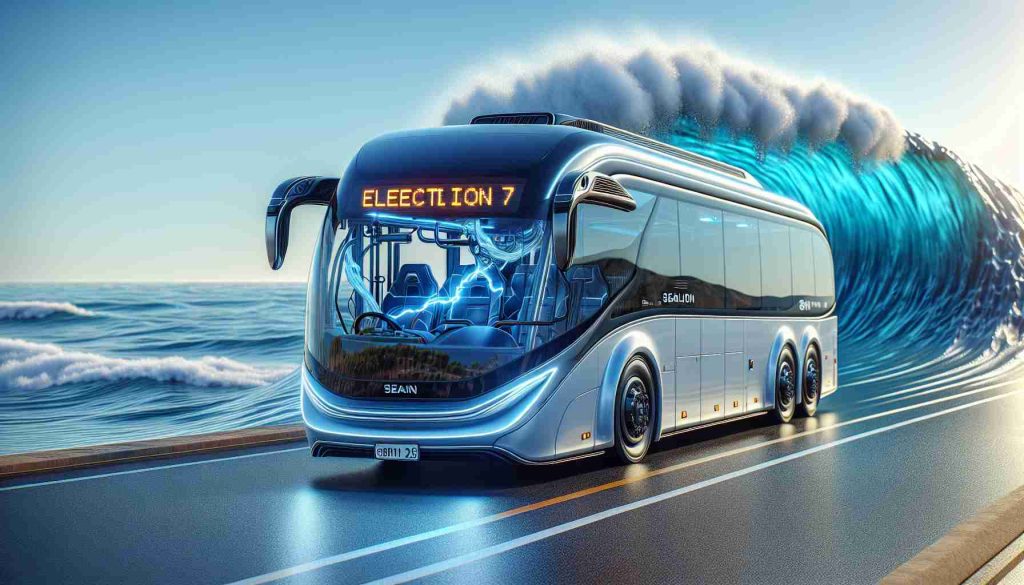- The US Department of Transportation has paused the NEVI program, impacting a $5 billion electric vehicle charging initiative.
- All 50 states are instructed to stop plans for new charging station installations, endangering thousands of chargers.
- The NEVI program aimed to improve charging availability on federal highways, addressing concerns of potential EV buyers.
- New guidance from officials will go through a lengthy public comment process, leading to potential delays.
- Experts warn that the halt may violate legal funding regulations, affecting current state projects.
- The future of the EV initiative now relies heavily on bureaucratic processes, raising concerns about clean energy progress.
In a dramatic twist, the US Department of Transportation has put the brakes on the National Electric Vehicle Infrastructure (NEVI) program, jeopardizing a $5 billion initiative aimed at transforming America’s electric vehicle charging landscape. A memo has instructed all 50 states to halt their plans for charging station installations, leaving the future of thousands of planned EV chargers hanging in the balance.
This groundbreaking program was born from a need; surveys indicate that many potential electric vehicle buyers are deterred by the lack of adequate charging infrastructure. Designed to place chargers strategically along major federal highways, NEVI was meant to bring charging stations to underserved areas, spurring wide-scale EV adoption.
However, within the complexities of governance, the situation has taken a controversial turn. Officials in the previous administration are set to draft new guidance, which must then undergo a lengthy public comment process. This delay hints at a possible months-long stall, much to the disappointment of manufacturers, businesses, and environmentally-conscious consumers alike.
To add fuel to the fire, experts caution that the order may violate legal stipulations regarding funding allocation. With federal money already flowing to various states, including both red and blue political territories, the new restrictions could halt ongoing projects and contracts.
As the dust settles, one thing remains clear: the success of the EV initiative now teeters precariously on the edge of bureaucracy. Will this be another setback for clean energy development in the U.S., or can the charging station revolution be revived? Only time will tell, but the urgency for a dependable EV infrastructure has never been greater.
Charging Station Showdown: Is the U.S. EV Initiative Doomed?
## The Halt on the National Electric Vehicle Infrastructure Program
In a significant development, the U.S. Department of Transportation (DOT) has mandated all 50 states to pause their plans for the National Electric Vehicle Infrastructure (NEVI) program, jeopardizing a substantial $5 billion initiative designed to enhance the electric vehicle (EV) charging landscape across America. This program, which aimed to strategically position chargers along major federal highways, was a response to consumer surveys indicating that inadequate charging infrastructure is a major deterrent for potential EV buyers.
New Trends and Insights
1. Public Sentiment and Market Readiness:
Recent surveys suggest that public sentiment toward electric vehicles is shifting positively, with over 60% of consumers expressing a willingness to consider EVs if charging stations were more accessible. This underscores the urgency for an expanded charging network.
2. State-Level Responses:
While the federal directive has stalled progress, some states are independently exploring alternative funding mechanisms through state budgets and private partnerships to continue advancing their EV infrastructure.
3. Industry Innovations:
Companies are rapidly innovating in the EV space, developing faster and more efficient charging technologies, such as ultra-fast chargers, which can significantly reduce the time needed to recharge an electric vehicle.
4. Sustainability Efforts:
Many businesses in the EV sector are focusing on sustainable practices, including utilizing renewable energy sources to power charging stations, addressing environmental concerns while promoting EV adoption.
Important Questions Answered
1. How does the NEVI program impact EV adoption in the U.S.?
The NEVI program is crucial for increasing EV adoption as it intends to address the primary concern of potential buyers: the availability of charging stations. A robust charging network is expected to provide greater confidence for consumers considering the switch to electric vehicles.
2. What are the legal implications of halting the NEVI program?
Halting the NEVI program may have legal ramifications regarding the allocation of federal funds, which could be challenged if states have already begun projects based on prior agreements. This could lead to a series of bureaucratic hurdles and potential litigation.
3. What are the long-term effects of this pause on the EV market?
If the pause is prolonged, it may delay the rollout of necessary infrastructure, disproportionately affecting rural and underserved areas. This setback could hinder the growth of the EV market in the U.S. and slow down the transition to cleaner energy solutions.
Conclusion
The recent directive to halt the NEVI program could represent a significant challenge to the growth and viability of electric vehicles in the United States. As the automotive landscape continues to evolve, stakeholders must advocate for a streamlined process to ensure that infrastructure development keeps pace with technological advancements and consumer demand.
For more information on electric vehicles and infrastructure, visit energy.gov for a comprehensive overview.
